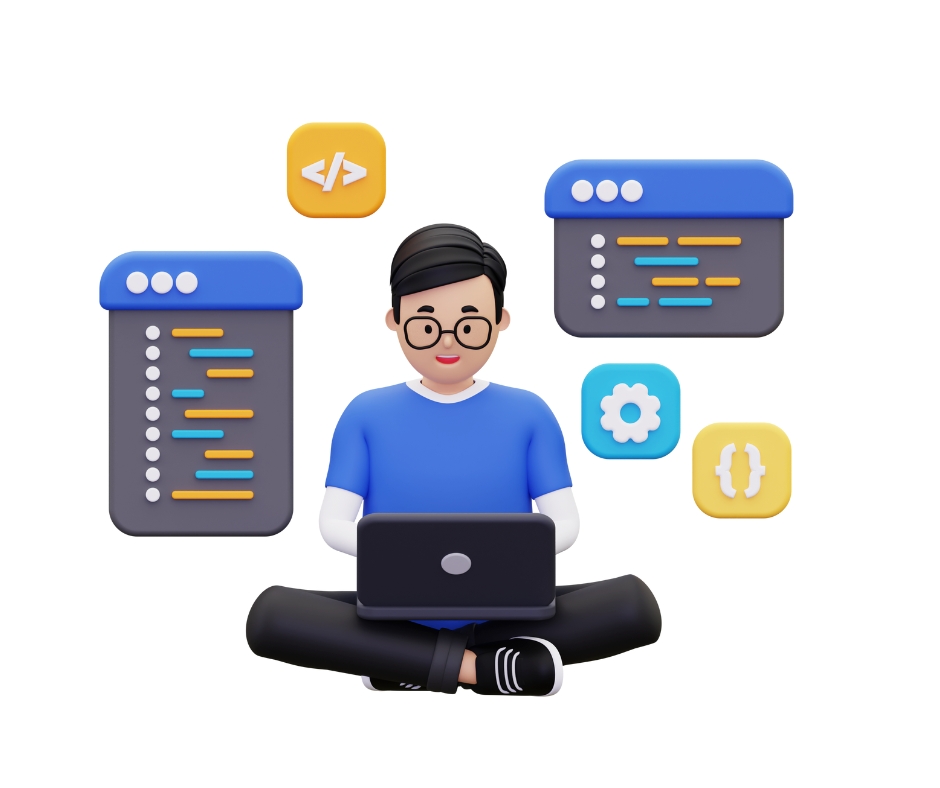The most important application programming languages for smartphones, Android, iPhone and ios
In the world of modern technology, smartphones have become an integral part of our daily lives, and apps have become an essential part of our experience with these devices. Smartphone app development is a growing field that requires multidisciplinary knowledge, and one of the most important aspects for developers to understand is choosing the right programming language. There are many programming languages available for Android and iOS app development, each of which has its own advantages that make it suitable for certain purposes. In this article, we will review the most important programming languages for developing smartphone applications on the Android and iOS platforms.
Android Application Programming Languages
Java: Java is one of the oldest programming languages used to develop Android applications, and it is the official language adopted by Google to develop applications on this platform. Java is a powerful and flexible language with wide community support and a rich set of libraries and tools. This helps developers build complex and scalable applications with ease. In addition, Java runs on the Java Virtual Machine (JVM), making it usable across multiple platforms.
Kotlin: Kotlin is a modern programming language developed by JetBrains and was adopted by Google as the official language for Android app development in 2017. Kotlin is more flexible and easier to write than Java, reducing the amount of code required to achieve the same functionality. Kotlin offers modern features such as Reactive Programming and Type Safety, making it an excellent choice for developers looking for a modern and advanced language.
C++: C++ is used to develop Android applications that require high performance, such as games and complex graphical applications. Through the NDK (Native Development Kit), developers can write parts of the app in C++ to optimise performance. Although C++ offers high performance, its use requires advanced knowledge of programming and memory management.
iOS Application Programming Languages
Swift: Swift is the official programming language for iOS app development, launched by Apple in 2014 as a modern alternative to Objective-C. Swift is a powerful and easy-to-learn language that combines high performance with ease of typing. Swift provides features such as Strong Typing, type safety, and automatic memory management, helping developers write clean and safe code. The Swift community is growing rapidly, which means there are plenty of resources and support for developers.
Objective-C: Before the launch of Swift, Objective-C was the official language for application development and although Swift has largely replaced it, Objective-C is still in use, especially in large projects that started before Swift. Objective-C is a flexible language, but it is more complex than Swift, making it less attractive to new developers. Nevertheless, Objective-C remains an important part of iOS development history and is still worth knowing.
Cross-Platform Languages
With the growing demand for apps that work on both platforms, cross-platform languages and frameworks have emerged that allow you to write code that works on both Android and iOS. Some of these frameworks include:
Flutter: Flutter is an open-source framework developed by Google that allows writing cross-platform applications using the Dart language. Flutter provides a consistent and seamless user experience on both platforms, with high performance and wide customisability. Flutter is based on extensible user interfaces, allowing developers to easily create visually appealing applications.
React Native: React Native is an open-source framework developed by Facebook that allows writing cross-platform applications using JavaScript and the React library. React Native is characterised by high code reusability between Android and iOS, saving developers time and effort. React Native provides good performance and a user experience close to native apps.
Xamarin: Xamarin is a Microsoft framework that uses C# to write cross-platform applications. Xamarin is characterised by its strong integration with the Visual Studio development environment and full support for the features of both systems. Developers can use the same core code to develop apps that run on Android and iOS, minimising costs and effort.
Conclusion
Developing mobile applications requires choosing the right programming language that meets the needs of the project and provides the required performance. For Android apps, Java and Kotlin are the main choices, while Swift is the official language for iOS apps. Cross-platform languages and frameworks such as Flutter, React Native, and Zmarin can also be used to develop apps that work effectively on both platforms. Choosing the right language and tool depends on many factors such as application type, performance requirements, and development flexibility, so it is important to carefully consider the options available to achieve success in your development project


Leave a Reply